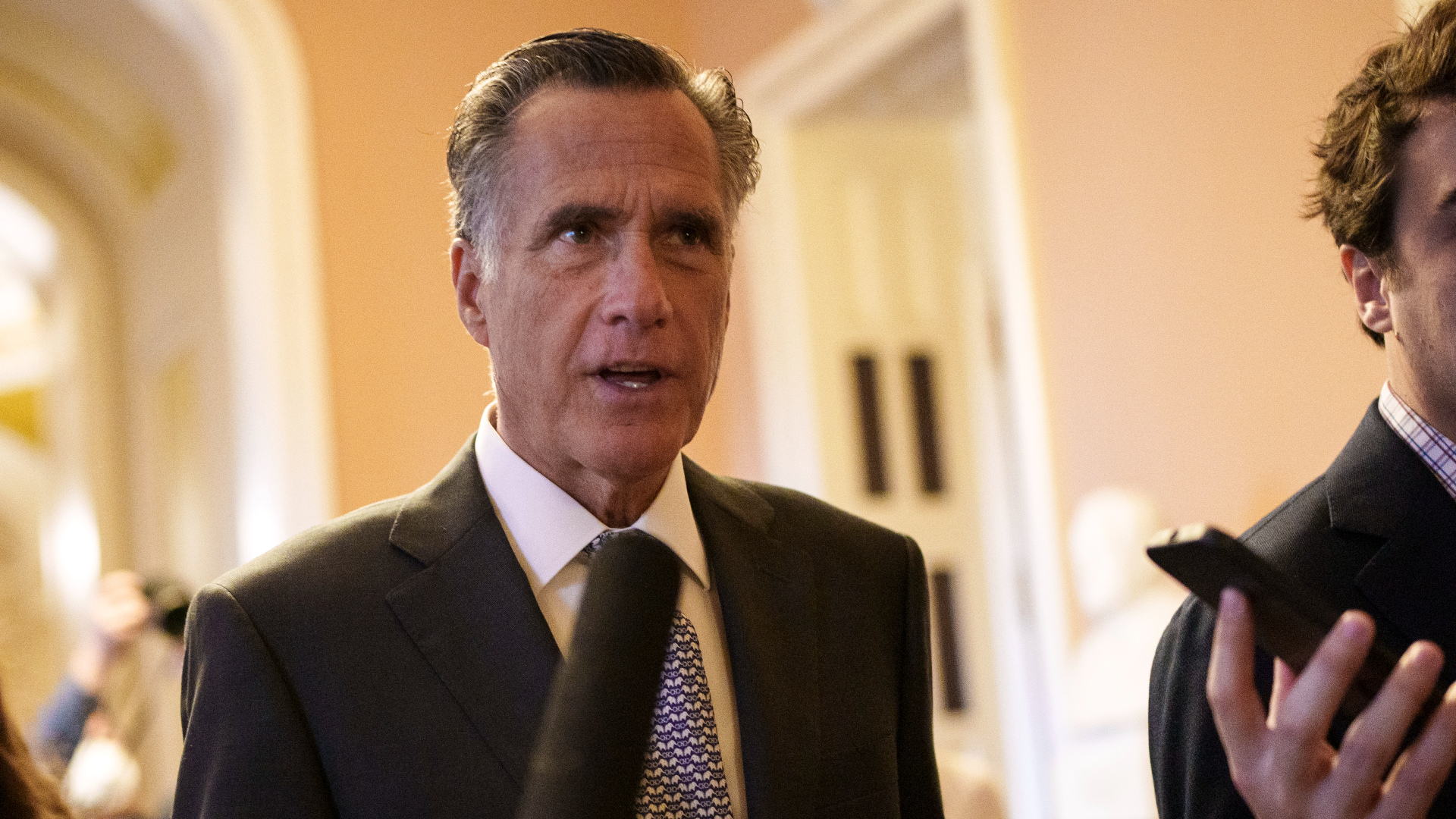Senate Same-Sex Marriage Bill Has Anti-LGBTQ Amendment

The Senate today is taking a procedural vote on the Respect for Marriage Act, which would codify federal marriage protections for same-sex and interracial couples, but an amendment some Democrats are backing would reaffirm a prior law that allows a much broader range of discrimination.
Public awareness of the amendment’s scope appears limited, as major media refer to it merely as protecting religious liberties. But conservative plaintiffs and judges have used the 1993 law, the Religious Freedom Restoration Act (RFRA), to justify anti-LGBTQ discrimination on even the most tenuous grounds.
The Respect for Marriage Act is being pushed to enshrine same-sex and interracial marriage rights legislatively, bolstering judicial precedent. Supreme Court Justice Clarence Thomas suggested in a concurring opinion on the Dobbs case ending abortion rights that contraceptive and marital rights could be next.
To overcome a presumed filibuster, Democrats led by Sens. Tammy Baldwin (D-WI) and Kyrsten Sinema (D-AZ) worked with right-wing senators including Thom Tillis of North Carolina to craft an amendment that would win at least some Republican support.
The keystone of that amendment, according to a summary released by Baldwin, is that it “Protects all religious liberty and conscience protections available under the Constitution or Federal law, including but not limited to the Religious Freedom Restoration Act.”
RFRA was signed into law in 1993 by Pres. Bill Clinton and backed by Democrats including then-Rep. Chuck Schumer (D-NY). It was almost instantly interpreted by Republican lawmakers and conservative judges as protecting the freedom to discriminate.
The Trump administration, for instance, relied on RFRA to keep providing tax dollars to a foster-care program that wouldn’t place kids with non-Christian families.
In fact, while RFRA was passed in response to the firing of two Native Americans for using drugs off the job as part of a religious ritual, it is now being practiced more in the other direction. Now, it’s argued, religious freedom means that religious institutions can discriminate based on religion – even when theology is not relevant to the job.
More recently, a Texas company argued in court that it shouldn’t have to include HIV-prevention drugs or screenings for sexually transmitted diseases in its employee healthcare plan. The reason the company gave was that doing so would “facilitate and encourage homosexual behavior, prostitution, sexual promiscuity, and intravenous drug use.”
In short, the company’s lawsuit said, RFRA permitted denial of healthcare coverage on the basis that it might provide medical coverage relevant to behavior that might offend the owners’ religious beliefs. The judge agreed.
As the Human Rights Campaign explains, “individuals and businesses have worked to distort RFRA into a blank check to discriminate or to impose their religious beliefs on others.”
Previous legislative efforts to undo that distortion have failed. The new amendment enshrining RFRA in its current state, however, is winning the support of religious conservatives.
As the Salt Lake Tribune reported, the Church of Jesus Christ of Latter-day Saints yesterday endorsed the new Respect for Marriage Act after the amendment was added.
“If that amendment is attached to the bill, I’ll vote for it,” Sen. Mitt Romney (R-UT) said.
Jonathan Larsen is TYT’s managing editor. You can find him on Twitter @JTLarsen.
